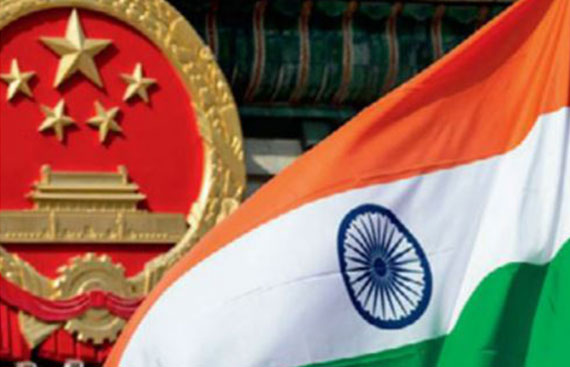India-ASEAN Bilateral Trade To Reach $300 Bn By 2025

New Delhi: With India pulling out of the Regional Comprehensive Economic Partnership (RCEP), country's existing engagement with ASEAN is back in focus with an industry study suggesting that India's bilateral trade with the ASEAN economies would double by 2025 to $300 billion from the current level of $ 142 billion (2018).
The study conducted by PHD Research Bureau, PHD Chamber of Commerce and Industry, said that concentration of India's exports items to ASEAN economies is very high in the top 20 commodities that presents scope for further diversification of India's exports basket to such economies.
India's merchandize exports to ASEAN economies are in the tune of around $38 billion, imports at $59 billion and total trade at $97 billion in 2018-19, said the study.
In the services segment, India's exports to ASEAN economies stand at $24 billion, imports at $21 billion and total trade at $ 45 billion in the recent times.
Exploring synergies between manufacturing and services trade, facilitation of mobility of professionals and business visits between India and ASEAN, encouraging greater regulatory cooperation and exchange of best international practices, among others will strengthen the bilateral cooperation between India and ASEAN economies, said Dr D K Aggarwal, President, PHDCCI.
There is immense potential for increasing India's exports to ASEAN economies considering the inherent advantages in various product categories, said Dr D K Aggarwal.
India's trade relations with ASEAN have witnessed a shift during the pre and post ASEAN-India Free Trade Agreement (AIFTA).
During pre-AIFTA, India's merchandise exports to ASEAN economies had increased from $ 3 billion in 2001 to $ 18 billion in 2009 with a CAGR of around 22%. While, during post-AIFTA, India's merchandise exports to ASEAN economies increased from $ 23 billion in 2010 to $ 36 billion in 2018 with a CAGR of around 5%, said the study.
During pre-AIFTA, India's merchandise imports from ASEAN economies have increased from $ 4 billion in 2001 to $ 24 billion in 2009 with a CAGR of around 22%. While, during post-AIFTA India's merchandise imports from ASEAN economies increased from $ 30 billion in 2010 to $ 57 billion in 2018 with a CAGR of around 8%, said the study.
During pre-AIFTA, India's total merchandise trade with ASEAN economies has increased from $ 8 billion in 2001 to $ 42 billion in 2009 with a CAGR of around 20%. While, during post-AIFTA, Indiaa¿s total merchandise trade with ASEAN economies has increased from $ 53 billion in 2010 to $ 93 billion in 2018 with a CAGR of around 7%, said the study.
It has been observed that the concentration of India's exports items to ASEAN economies is very high in the top 20 commodities with a share of around 85% in 2009 and 2018, said the study.
Going ahead, there is scope for further diversification of India's exports basket to ASEAN economies. Therefore, facilitation to exporters to diversify the composition of India's export basket with enhanced knowledge of markets will be crucial to strengthen India-ASEAN trade trajectory, it noted.
According to the study, some of the measures for boosting India-ASEAN dynamic trade and investment relations include: Enhancing the facilitation to exporters, Significantly increase services trade, Undertaking continuous review of the ASEAN-India trade in goods agreement, harmonizing and simplifying the customs procedures, Promote greater private sector engagement and Support greater financial inclusion towards improving access to financial services.
Going ahead, there are huge trade and investment opportunities for enhancing India-ASEAN cooperation in sectors such as infrastructure and Fintech, culture and tourism, IT/ITES and e-commerce, education and skill development, healthcare and pharmaceuticals and agriculture and food processing, among others.
Read More: Indian Smart Factories to Add $1.5 Tn to Global Economy by 2023
HDFC Life deploys virtual assistant for customer support



.jpg)